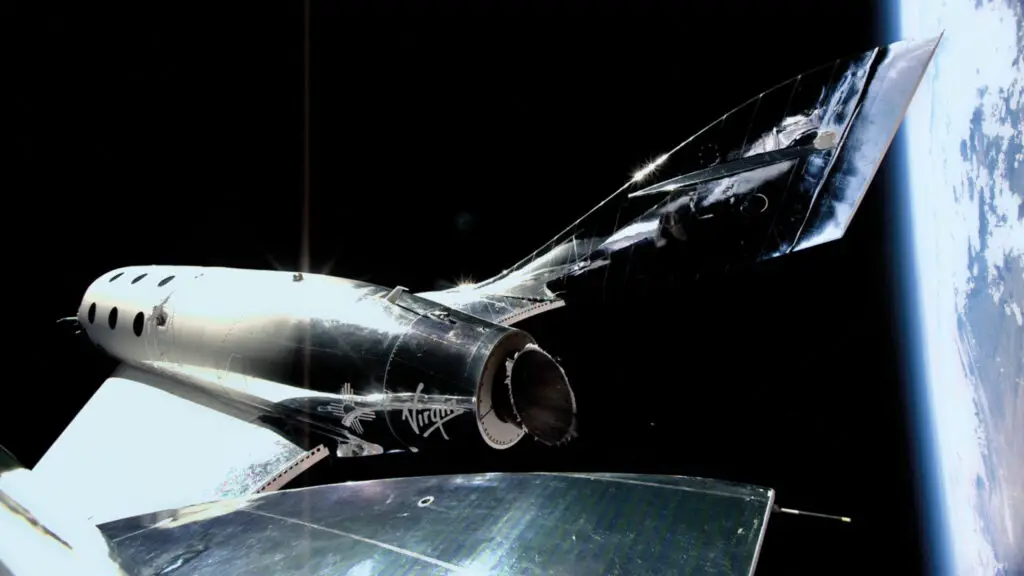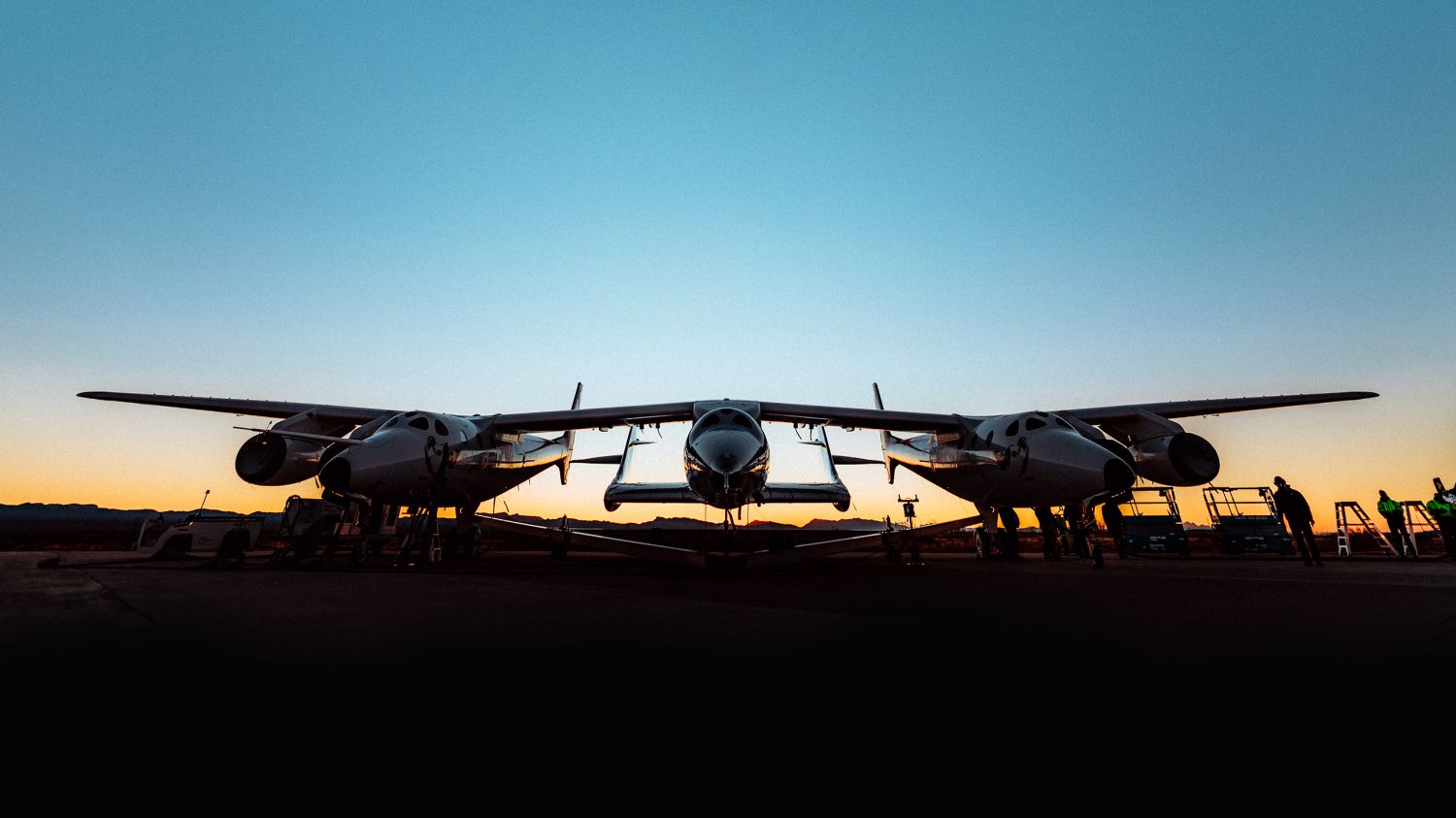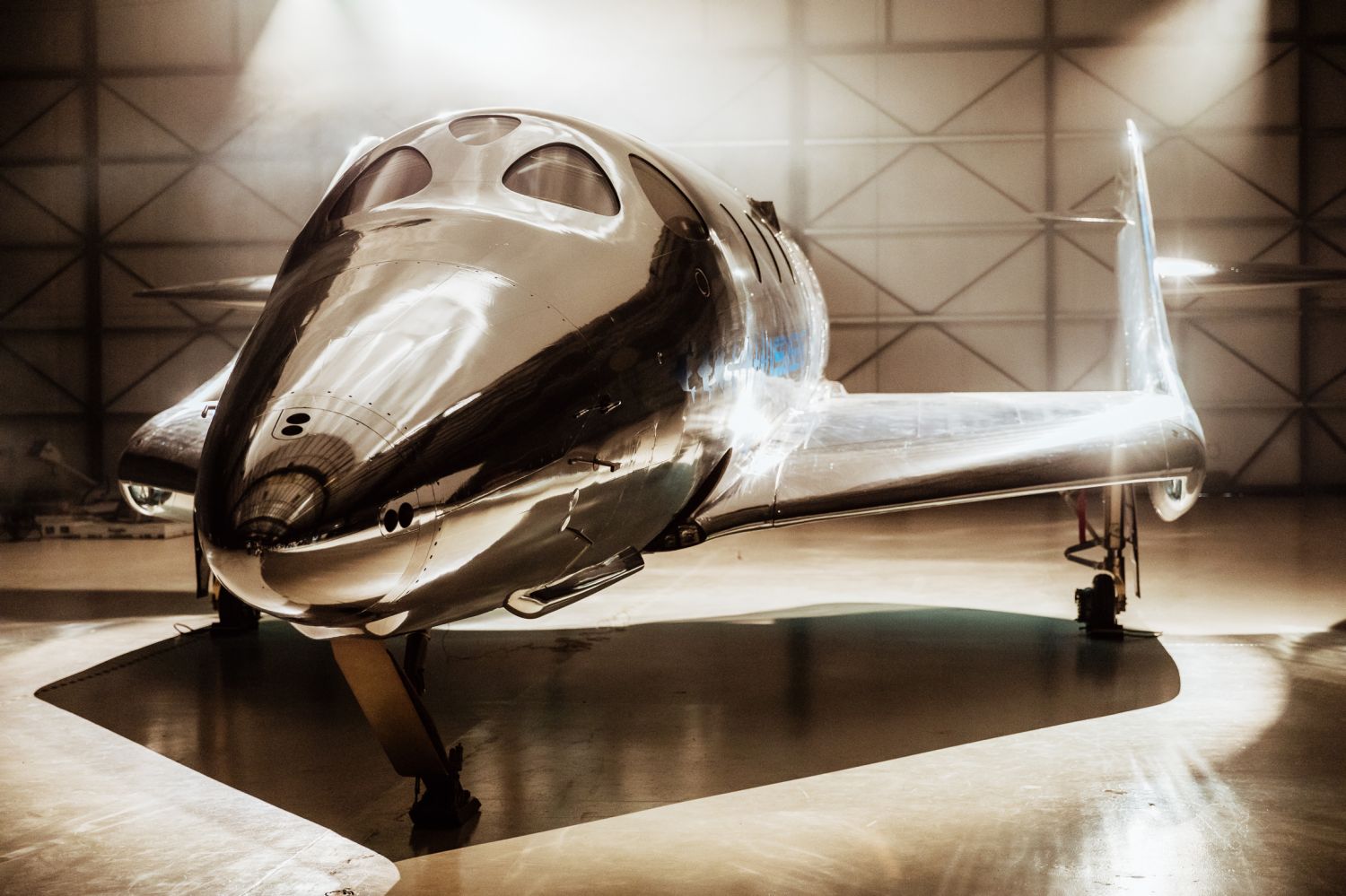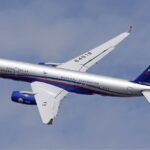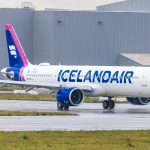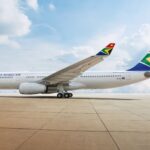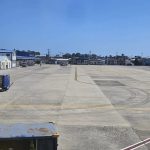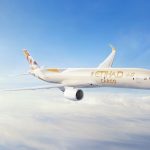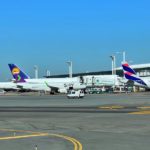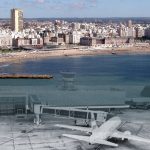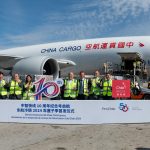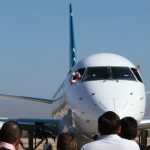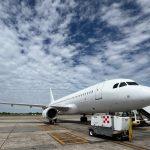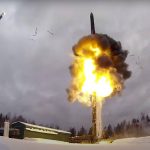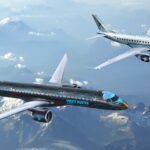The US Federal Aviation Administration (FAA) expanded Virgin Galactic’s commercial space transportation operator license to allow the transport of customers on space flights, following a successful flight test conducted in May.
The news was reported by the Virgin Galactic website. From now on the company becomes a line to allow the space line to take customers into space.
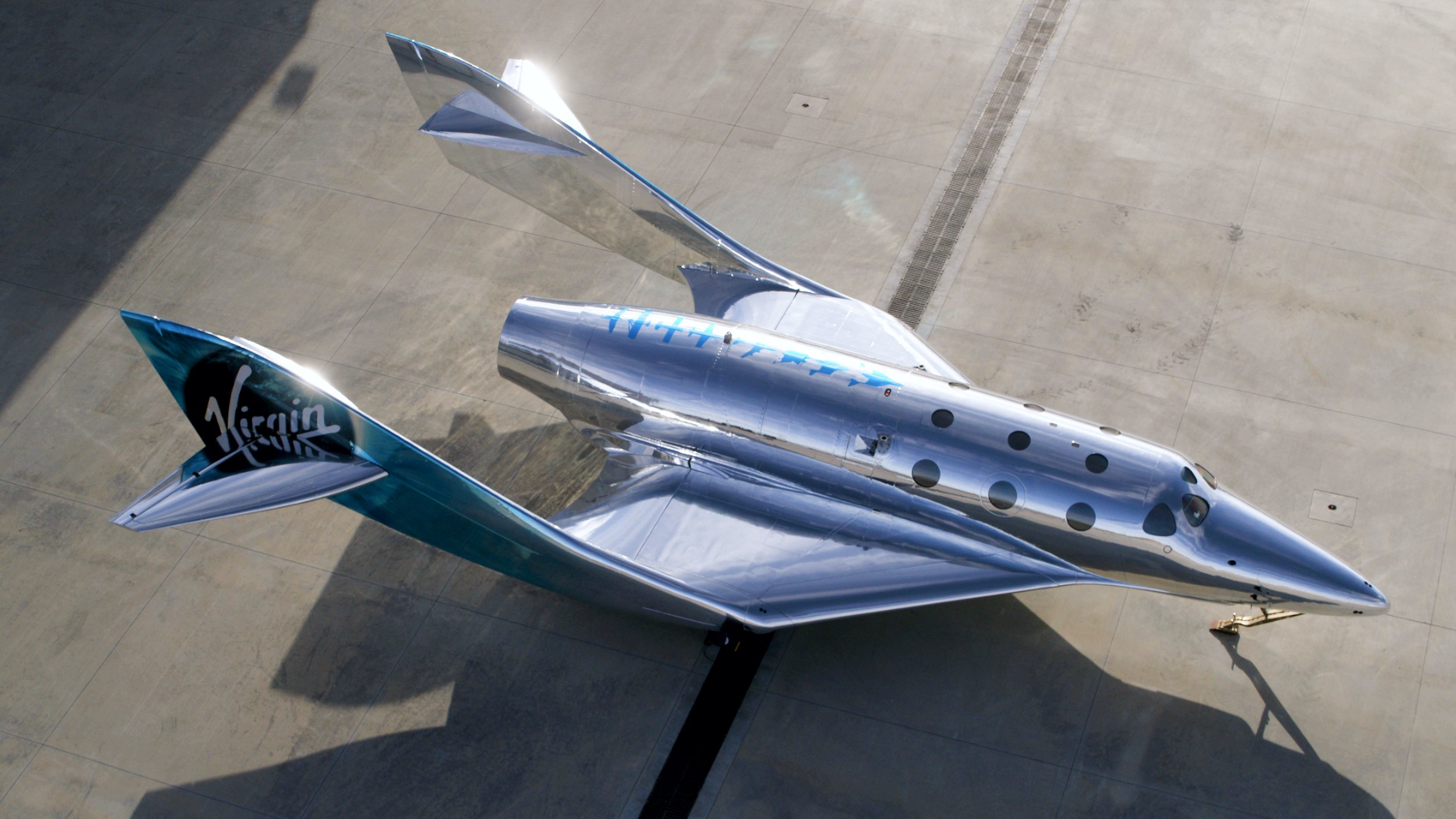
The Company also announced that it completed a comprehensive review of the data collected during the May 22 test and confirmed that the flight performed satisfactorily, fulfilling all the objectives.
The adjustment to Virgin Galactic’s operator license, which the company has held since 2016, marks the first time the FAA has licensed a space line to fly with customers. It is an additional recognition of the company’s methodical testing program, which has met the verification and validation criteria required by the FAA.
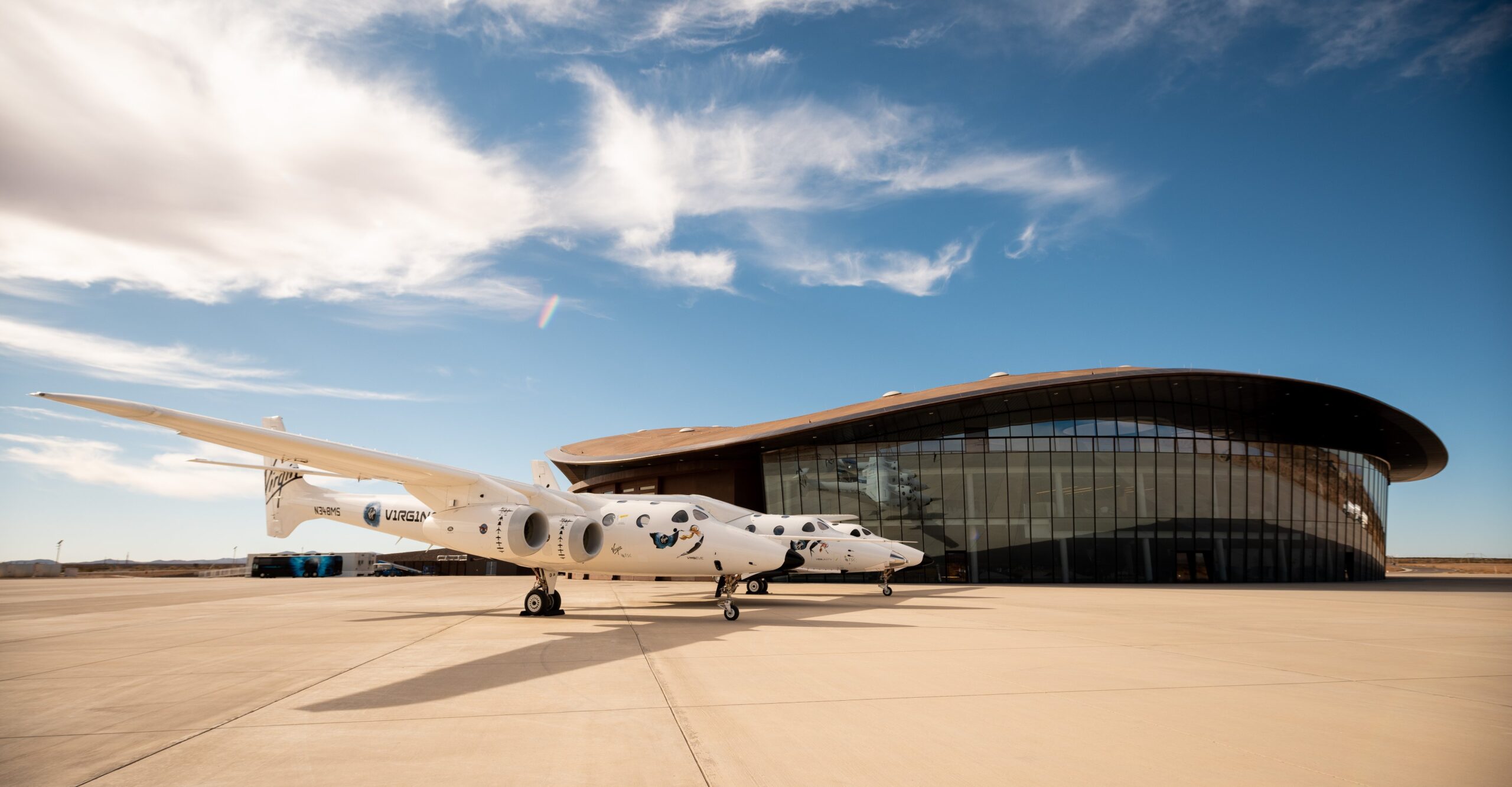
Michael Colglazier, Virgin Galactic CEO, said: “We are incredibly pleased with the results of our most recent test flight, which achieved our stated flight test objectives. The flight went smoothly and the results demonstrate the safety and elegance of our flight system. Today’s FAA approval of our full commercial launch license, coupled with the success of our test flight on May 22, gives us confidence as we move towards our first fully crewed test flight this summer.»
Milestones of the last flight
The May 22 test flight of VMS Eve (the mother plane) and VSS Unity (the sub-orbital rocket formerly called VSS Voyager) was the company’s third manned spaceflight and the first spaceflight since the new Spaceport America, located in New Mexico.
The flight reached a speed of Mach 3 and reached space at an altitude of 55.5 miles (almost 100 km), at the limit of the Karman line that separates the atmosphere from outer space.
After an extensive review of the data collected during the flight, the company confirmed that:
- Rocket-powered testing of the spacecraft’s improved horizontal stabilizers and flight controls demonstrated robust performance, in line with predictions. These improved systems, which allow for more precise pilot control, will also be implemented on future spacecraft in the Virgin Galactic fleet.
- The cabin environmental data matched the predictions.
- The flight successfully carried out three experiments that tested and demonstrated microgravity technologies as part of NASA’s «Flight Opportunities Program». The pilots flew VSS Unity on a specific trajectory designed to meet the specific goals of these research experiments.
With the May flight data analysis now complete, Virgin Galactic will continue to prepare for the remaining three test flights.
If you have a little money left over and you don’t know what to do with it, you will soon be able to buy a ticket to Virgin Galactic and become the first generation of humans to do extra-planetary tourism.

